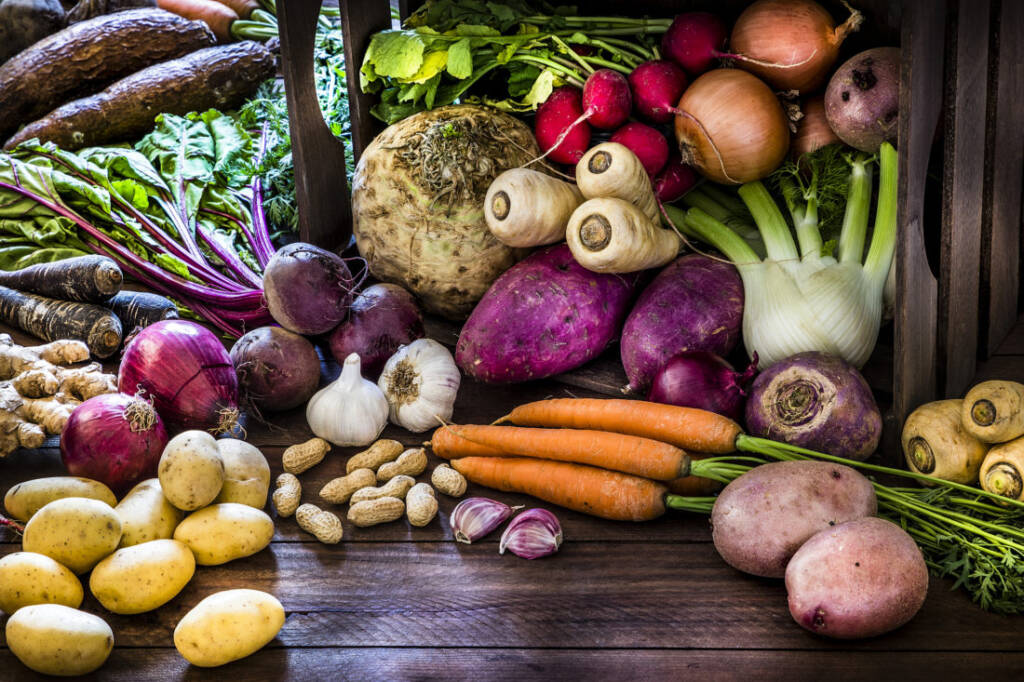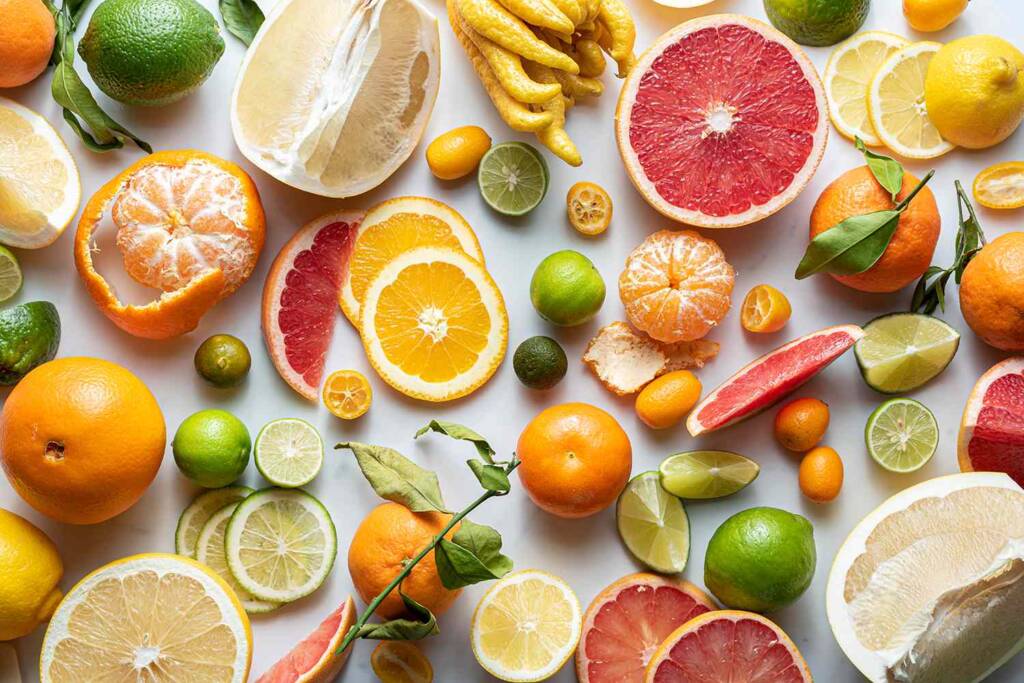Healthiest foods to boost your immune system in winter
01:54 PM Dec 10, 2023 IST | NE NOW NEWS
Updated At - 01:58 PM Dec 10, 2023 IST
Advertisement
There are several reasons for decreased digestion in the winters. When the temperature drops, our body naturally slows down its metabolism to conserve energy and stay warm. This means that our digestive system also slows down, making it take longer to break down food. We often drink less water during colder weather, which can lead to dehydration. Dehydration makes it more difficult for our body to move food through our digestive system, resulting in constipation and other digestive issues. And also Seasonal variations in gut bacteria may fluctuate with the seasons. This could potentially impact digestion, although more research is needed to fully understand the connection.
Advertisement
Here are some foods that are easy to digest in winters::
- Root vegetables: These are vegetables that grow underground, such as carrots, potatoes, onions, garlic, radish, yams, sweet potatoes, beets, turnips, etc. They are easy to digest and rich in nutrients such as vitamins, minerals, and fiber.

- Winter greens: These are leafy green vegetables that are harvested in the winter months, such as kale, mustard greens, leeks, chard, and spinach. They are rich in fiber, vitamins, and minerals, and they can help to regulate digestion.
- Squash: Winter squashes, such as butternut squash, acorn squash, and pumpkin, are a good source of fiber, vitamins, and minerals. They are also naturally sweet and can be cooked in a variety of ways.
- Broccoli: Broccoli is a cruciferous vegetable that is rich in fiber, vitamins, and minerals. It is also a good source of sulforaphane, a compound that has been shown to have anti-cancer properties.
- Cauliflower: Cauliflower is another cruciferous vegetable that is rich in fiber, vitamins, and minerals. It is also a good source of choline, a nutrient that is important for brain health.
- Apples: Apples are a good source of fiber, vitamins, and minerals. They are also a good source of pectin, a type of fiber that can help to regulate digestion.
- Pears: Pears are a good source of fiber, vitamins, and minerals. They are also a good source of sorbitol, a natural sweetener that can help to relieve constipation.
- Guava: Guava is a good source of fiber, vitamin C, and other nutrients. It is also a good source of prebiotics, which are food for the good bacteria in your gut.
- Papaya: Papaya is a good source of fiber, vitamin C, and other nutrients. It also contains papain, an enzyme that can help to break down protein and improve digestion.

- Citrus fruits: Citrus fruits, such as oranges, grapefruits, and lemons, are a good source of vitamin C, which can help to boost your immune system. They are also a good source of fiber, which can help to regulate digestion.
Advertisement

